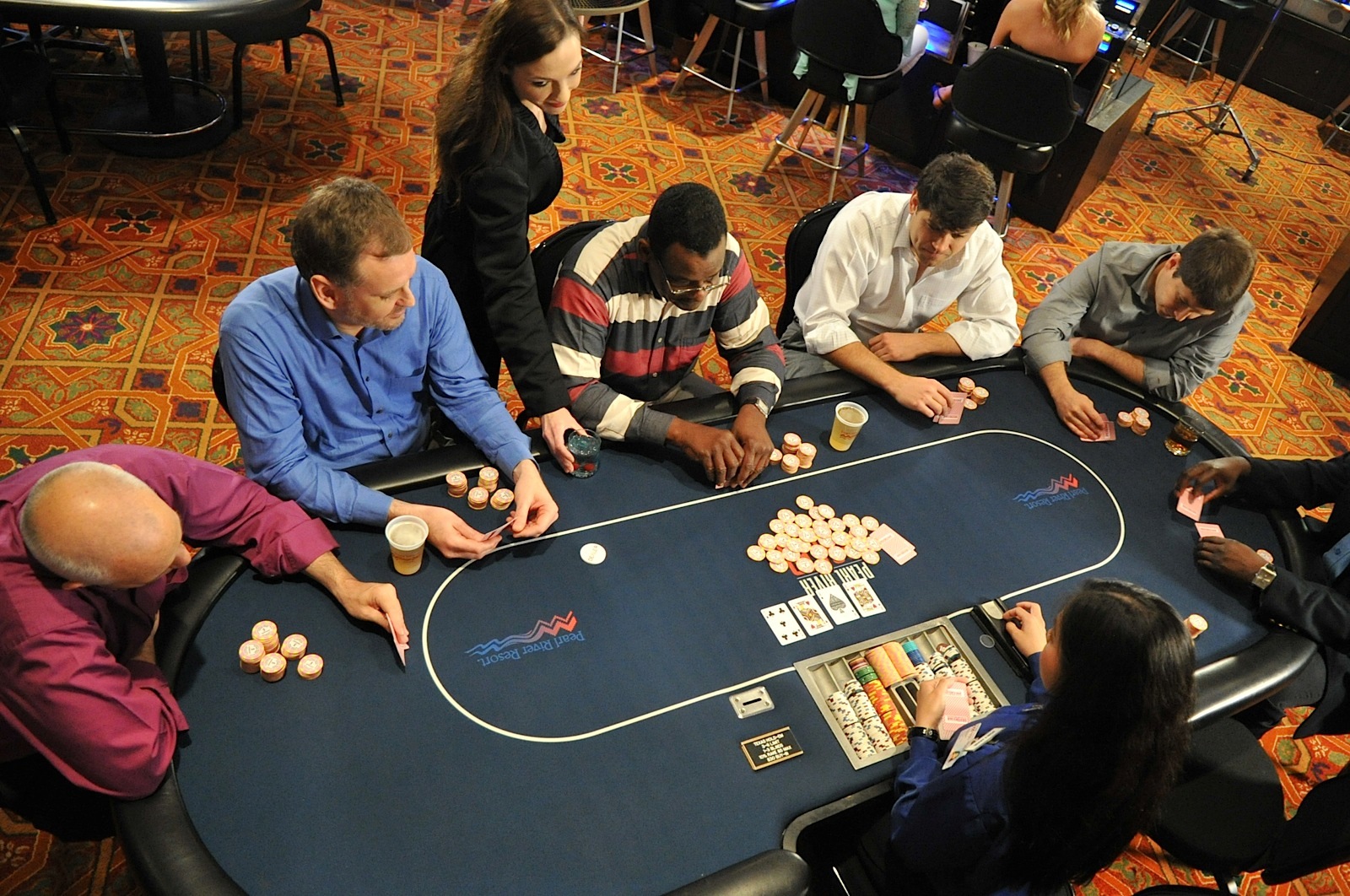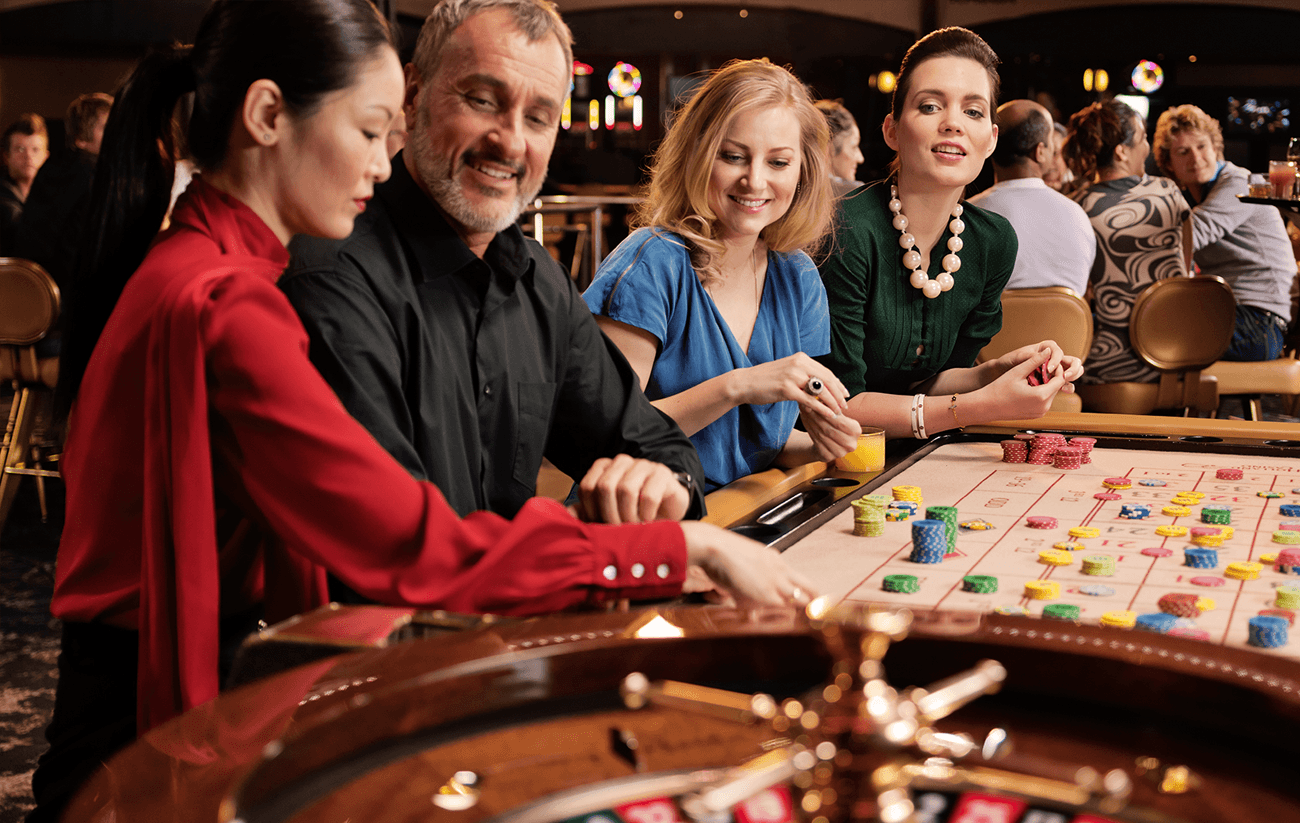These are the four best-known systems and many newer ones have been derived from them. Don’t let anybody convince you that they are unbeatable and be wary of online casinos or help sites that recommend you play any of them.
Martingale: Double your bet after every loss until you win or reach the ‘table limit’ or run out of money. Some people claim to have won with this system but over time the losing sessions will catch up with you and you will lose in the long term when playing this system. A loss of $500 with a start bet of $5 will require you to win the next 100 sessions to break even because you always only ever win the amount of the ‘start’ bet on every sequence.
D’alembert: Increase your bet on a loss and decrease your bet on the wins. The presence of the zero(s) is the major downfall of this system because d’alembert needs an equal occurrence of the even bets (eg. red/black) to win. The presence of the zero(s) is a major drawback for this system because it adds another loss to your sequence that requires the even bet you are following, to have an extra win to make up a ‘zero’ loss.
Labouchere: Called the ‘cancellation system’, it requires you to start with a set of numbers – 1,1,2,2 – where you start by betting the outside numbers – 1+2 =3 – and if you win you bet the remaining two – 1,2 = 3 – and if you win that you finish the sequence to start again with – 1,1,2,2. If you lose you add your bet to the outside of your numbers – 1,1,2,2,3- and your next bet is the sum of the two outers – 1,3 = 4. A few losses as you will soon find out will lead you into dangerous and uncomfortable territory.
Parlay: Probably the safest of all the ‘old systems’. Simply, you double your bet on every win by ‘letting it ride’. Can be fun to play because you can be playing big bets with the casino’s money but unfortunately, the odds are against anyone winning in the long term with this system because you will find the times you ‘let it ride’ just one bet to often and lose back what you win will exceed the times you take the winnings.




